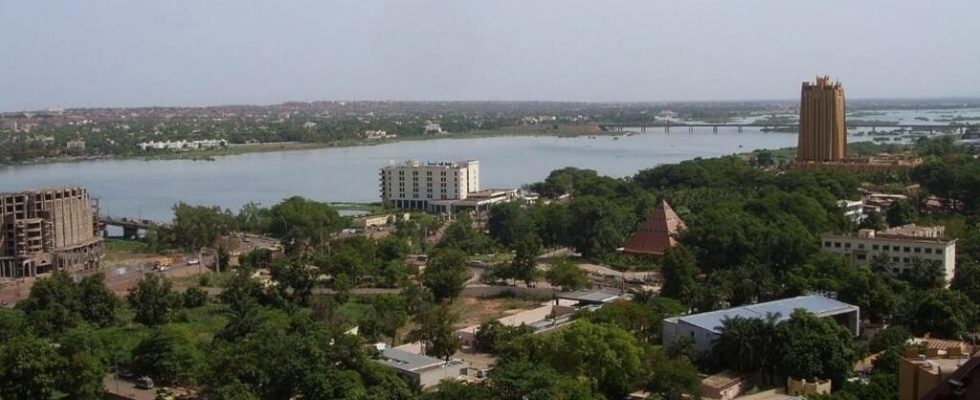The International Monetary Fund (IMF) announced on April 30, 2024 that it had signed an agreement with the Malian transitional authorities to provide $120 million in emergency funds to the Sahel country, in particular to import food. and providing liquidity for money transfers.
2 mins
This is emergency financing from the IMF for the Mali : the International Monetary Fund will release a loan of 120 million dollars under the “exogenous shocks” window, namely inflation created by the war in Ukraine, the blockade of the Red Sea and the contraction of West African financing , which put a strain on the Malian budget.
Filling the immediate and urgent deficit in Mali’s balance of payments is the objective of this IMF credit facility. This $120 million is supposed to support the provision of food and targeted cash transfers to people facing food insecurity (now a quarter of the Malian population), as well as spending on education, health and access to drinking water.
The Bamako authorities have had difficulty financing themselves since the putsch, within the West African Economic and Monetary Union (UEMOA). Three-quarters of the Malian budget is devoted to the cost of borrowing, security expenses and civil servants’ salaries.
Read alsoEco from here, eco from elsewhere – Mali: resilience in the face of crises?
Gold and cotton revenues were certainly higher last year, which allowed Mali to achieve growth of 4.4% last year. But those resources are expected to decline this year as the country faces severe power cuts.
This is Mali’s number one priority, underlined the IMF team after its on-site visit. The international institution also encourages the authorities in Bamako to broaden the tax base and reduce political uncertainty to restore investor confidence. Without forgetting policies to combat the effects of climate change.
The Malian government has also requested the World Bank to purchase fertilizer worth $15 million. The global rise in fertilizer prices has in fact discouraged their use in Mali and worsened food insecurity.
